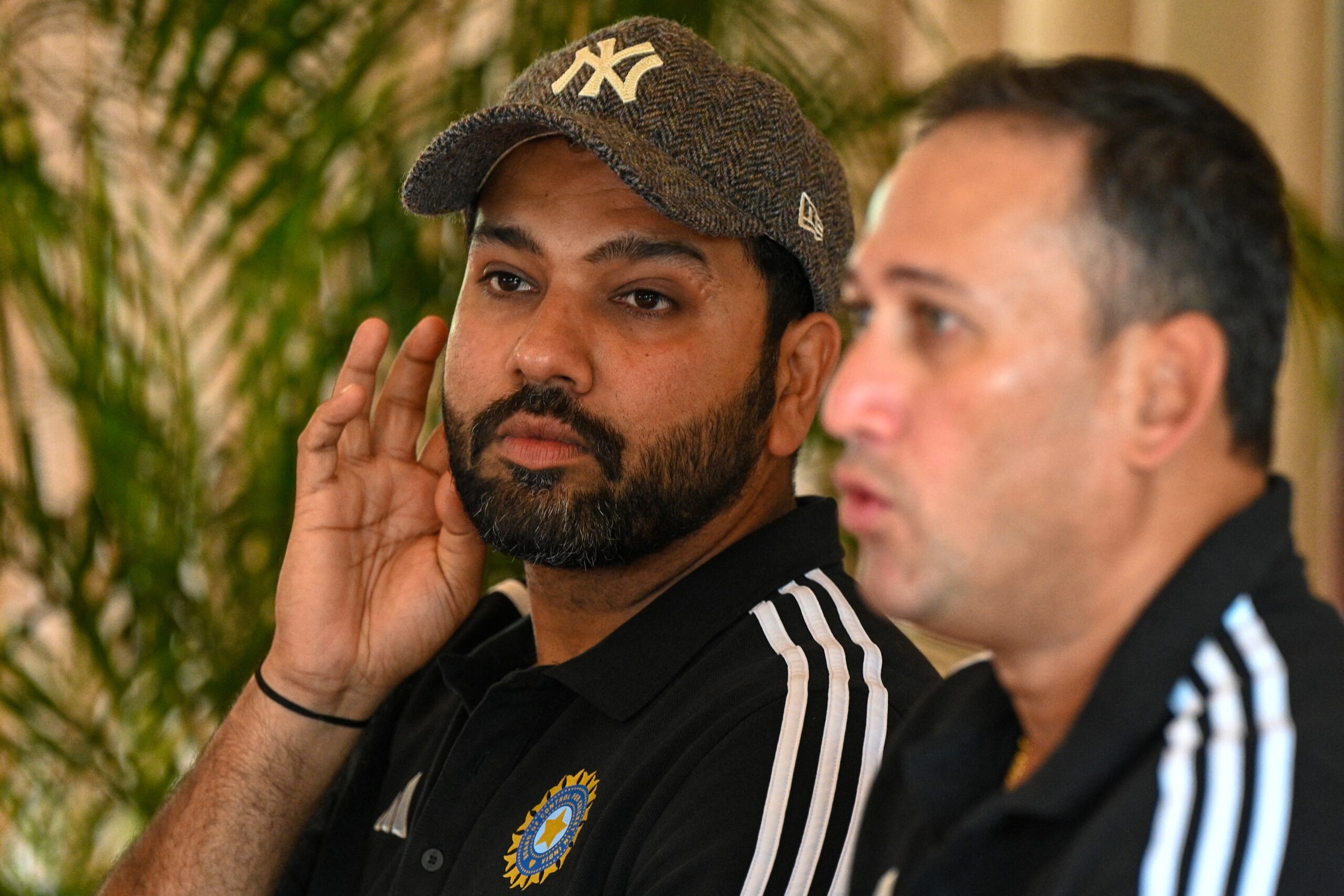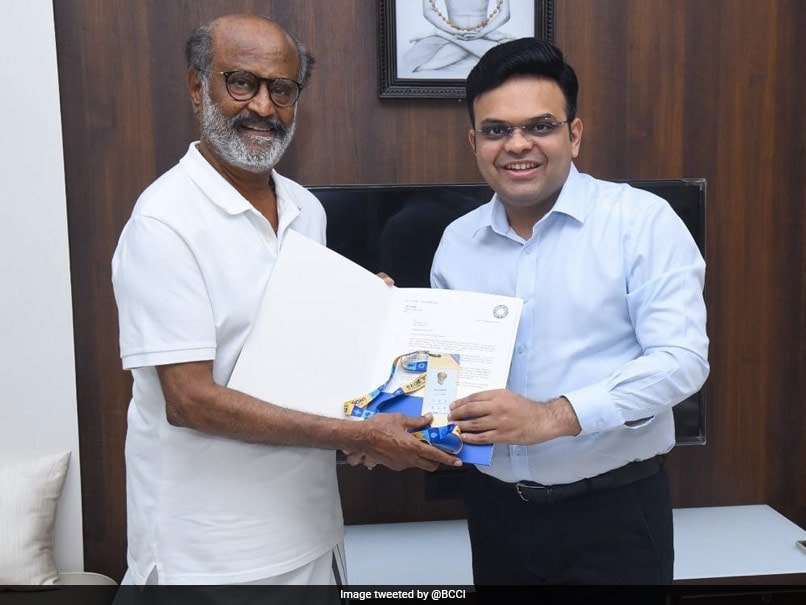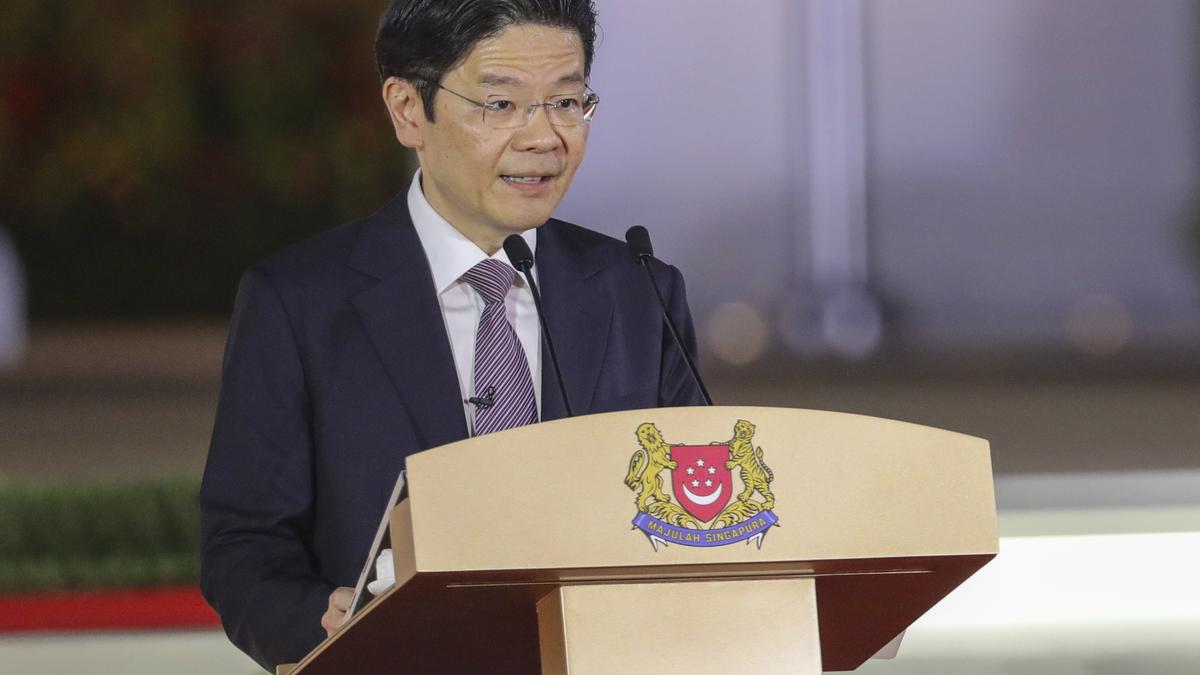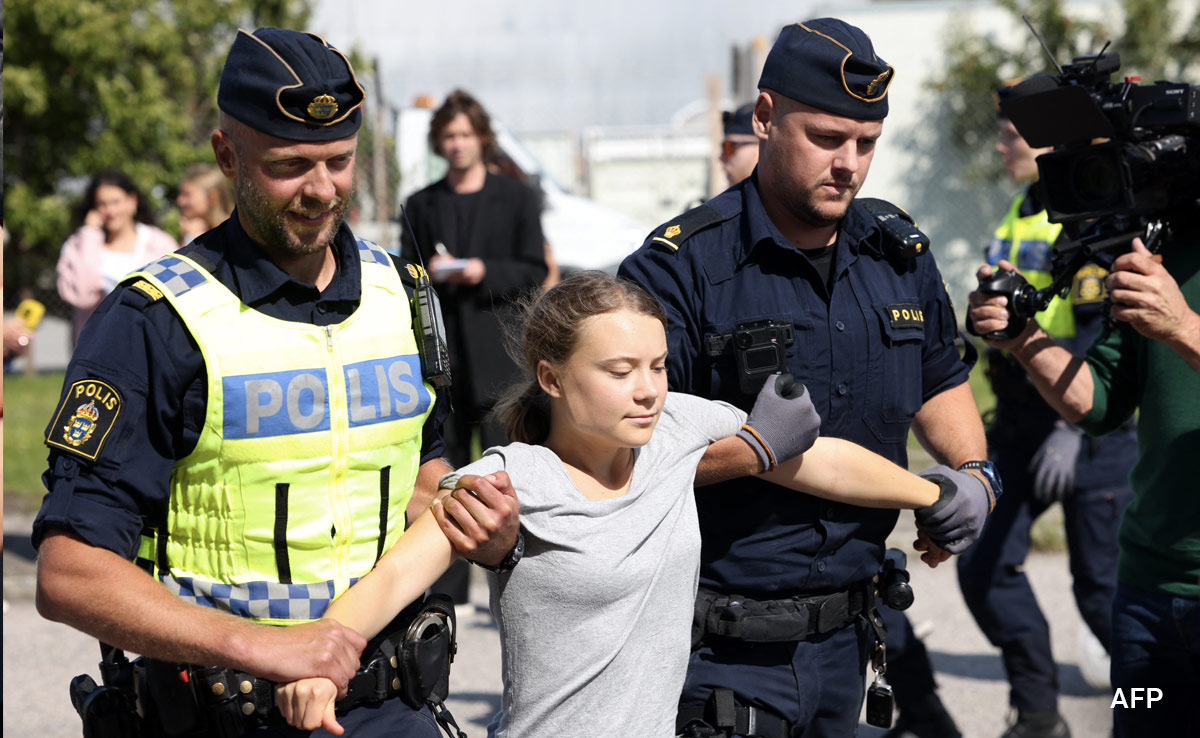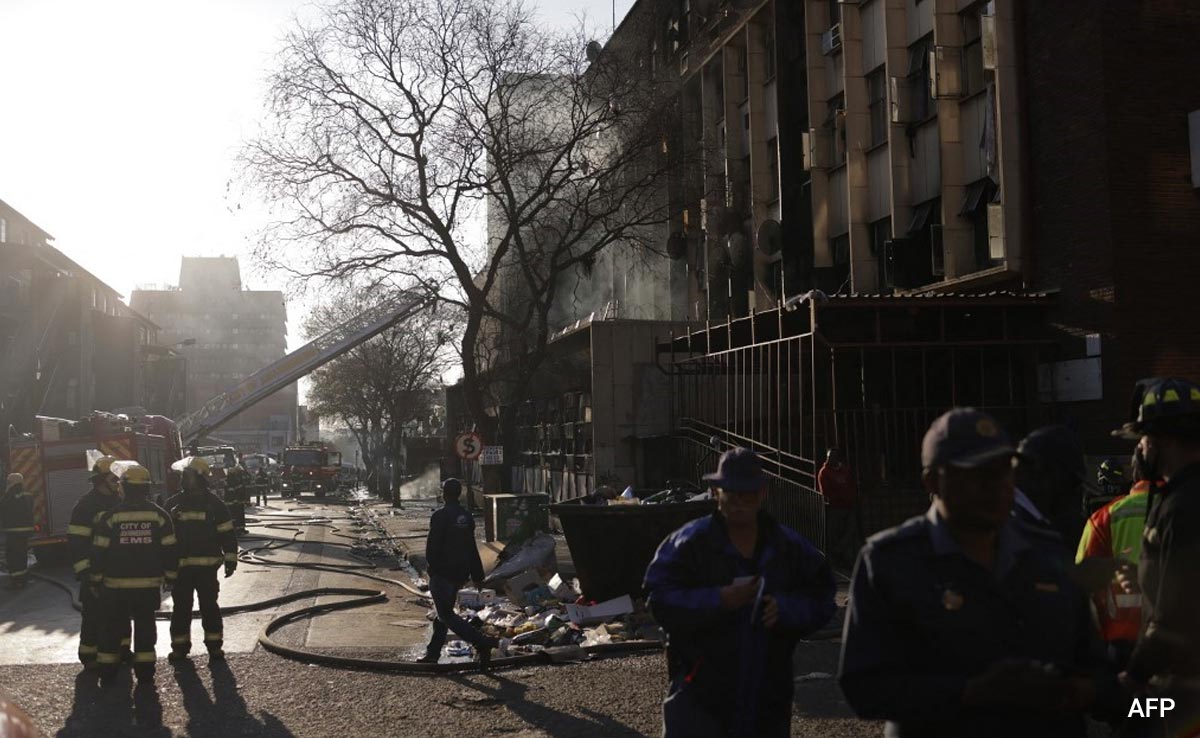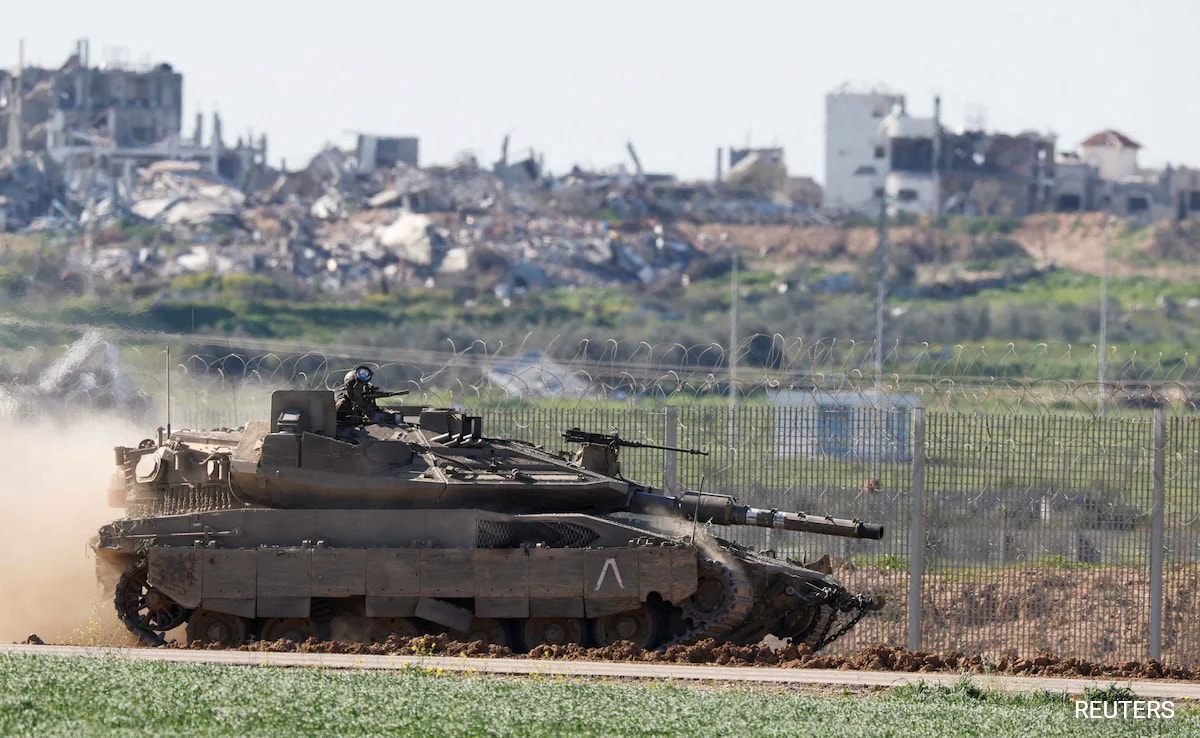Singapore’s new Prime Minister Lawrence Wong vowed to make “tomorrow better than today” as he took his oath of office Wednesday in a carefully planned political succession designed to ensure stability in the Asian financial hub.
A U.S.-trained economist, Mr. Wong, 51, succeeds Lee Hsien Loong, 72, who stepped down after two decades. He is the city-state’s fourth leader and the first born after Singapore’s independence in 1965.
Mr. Lee’s departure marked the end of a family dynasty led by his father Lee Kuan Yew, Singapore’s first leader, who built the colonial trading outpost into one of the world’s richest nations during 31 years in office.
Mr. Wong paid tribute to his predecessors for dedication to the nation, saying “we stand on the shoulders of giants.” But he said his leadership style will differ as he navigates Singapore through a more troubled world.
“This is a passing of the baton not just between leadership teams but also across generations,” Mr. Wong said. “We will lead in our own way. We will continue to think boldly and think far.”
The transition has been meticulously crafted by the People’s Action Party, one of the world’s longest-serving political parties and known for its clean and effective governance. It is not expected to change the dynamics in the tiny nation of some 6 million people.
Mr. Wong, a civil servant turned politician, came to prominence while coordinating Singapore’s successful fight against COVID-19. But he wasn’t the first choice for the top job.
Heng Swee Keat, a former central bank chief and education minister, was the anointed successor but he withdrew his nomination in 2021. Mr. Wong was then picked by the People’s Action Party in 2022 to fill the vacuum and quickly promoted to deputy prime minister.
Mr. Wong warned that Singapore must brace for a “messier, riskier and more violent world” by staying united and blazing new trails. As global powers fight to shape a new world order, he said protectionism and rampant nationalism will deepen.
Amid China-U.S. rivalry, he said Singapore — which has stayed neutral — would continue to engage both nations.
Mr. Wong has retained the Cabinet and held onto his finance portfolio as he prepares for his first big test in general elections. Those are due by 2025. Before taking office, he promoted Trade Minister Gan Kim Yong as one of two deputy premiers. The other deputy is Mr. Heng.
Mr. Lee stayed on as a senior minister, a path taken by all former premiers.
While victory in the election is assured, Mr. Wong must clinch a stronger wing after the PAP suffered a setback in 2020 polls over voters’ rising discontent with the government.
Singapore under Mr. Lee’s rule flourished into one of the world’s wealthiest nations, but it also became one of the most expensive cities to live in. The PAP has also been criticized for tight government control and a government-knows-best stance, media censorship and the use of oppressive laws against dissidents.
Issues like widening income disparity, increasingly unaffordable housing, overcrowding caused by immigration and restrictions on free speech are often used as fodder by the opposition and have loosened the PAP’s grip on power.
“One-party dominance in Singapore is weakening but the challenge for the PAP leadership is to slow down the process,” said Eugene Tan, a law professor at Singapore Management University.
Bridget Welsh, a Southeast Asia political expert, said Lee “will be remembered for steering Singapore quietly and successfully through turbulent waters from the 2008-2009 financial crisis and COVID-19. He helped to build resilience in Singapore. … (But) Singapore has become a more complex society, with more open demands, making the task of governing (for Wong) more challenging.”
Mr. Wong was born seven years after Singapore separated from Malaysia and gained independence. His father was a migrant from China and his mother was a teacher. Unlike many senior PAP leaders, he didn’t have a privileged background. Observers have said this could help him relate better with the common citizen.
Mr. Wong earned a scholarship to study in the U.S., later obtaining a masters’ degree in economics from the University of Michigan and another masters’ degree in public administration from Harvard University. He spent years in public service including as a principal private secretary to Mr. Lee before entering politics in 2011. He has handled the defense, education, communications, culture, community and youth portfolios.
Like Mr. Lee, Mr. Wong is active on social media. Married with no children, he doesn’t reveal much about his private life but has offered glimpses into his interests in music and dogs, and he is a fan of tennis star Roger Federer. He often posts videos of himself playing guitar.
Mr. Wong has launched a Forward Singapore plan to let Singaporeans have a say in how to develop a more balanced, vibrant and inclusive agenda for the next generation.
“This is my promise to all Singaporeans. I will serve you with all my heart. I will never settle for the status quo. I will always seek better ways to make tomorrow better than today,” Wong said.
Law professor Tan said Mr. Wong’s immediate priorities will be to address issues including the rising cost of living, housing affordability and job security. “Bread-and-butter issues remain vital even for a prosperous country, partly because of Singapore’s innate vulnerabilities,” he said.




